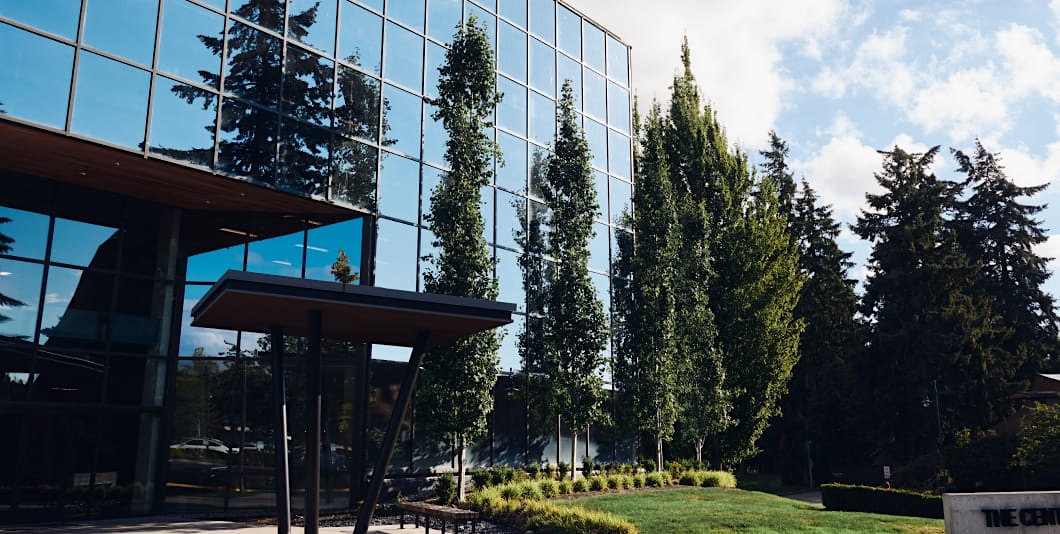Having worked on a trial where an injured person was using marijuana to help cope with car-accident related symptoms, I’ve given this issue much thought. Theoretically, the medical usage of marijuana has a long history in this state and a medical expert could be retained to support the usage of marijuana to treat long-term pain and it has indeed been documented in many cases that marijuana is more effective at treating long-term pain with less risks and side effects than opioids or surgical options. This article is not seeking to address any of those claims, but rather, how it affects a jury at trial.
Options on how to address marijuana at trial.
One option was to use the term cannabinoids rather than marijuana. The hope was that by doing that, some of the negative prejudice around marijuana would be avoided. Then, during jury selection, attitudes about marijuana usage could be asked about and those unable to judge fairly due to the marijuana issue could be identified and not selected as jurors. The expert could then also testify as to using marijuana as treatment and theoretically, continued marijuana usage costs could be asked for as a part of damages.
Risks to going with this approach is that during jury selection, attitudes on marijuana are not fully explored and members of the jury are so bias against marijuana that the bias is transferred to the plaintiff. Also, regarding battling experts, the trial could devolve to one on marijuana distracting jurors from the greater issues of plaintiff’s injuries. One other risk, specifically regarding asking for marijuana usage costs, is that the jury is indignant at the request and punishes plaintiff unfairly even though the request is for reasonable treatment given the circumstances.
Another option is to try and keep testimony regarding marijuana out of the trial altogether because of its prejudicial vs. probative value. If there’s no expert for the defense that is qualified to testify regarding any probative value that it may have, this may be the better option. You would definitely want to decide this early on however and have a backup plan if the door is opened or if the judge reserves ruling on the matter early on. And if the defense fails to show the probative value, then a limiting instruction from the judge to the jury may be appropriate to disregard all marijuana related testimony.
Attitudes of Jurors
When approaching the issue of marijuana usage for treatment of long-term pain at trial, considering the attitudes of jurors are paramount. In an area where marijuana usage is more prevalent, the jury pool may very well be able to consider it as treatment option and be fair about dealing with it as an issue. In an area where marijuana usage is less tolerated in terms of the attitudes of jurors, marijuana is still classified as a DEA schedule I drug, substance or chemical. That may be all that the jury needs to hear before condemning not only the treatment option, but also the injured person pursuing that treatment option.
To Include or Not to Include
Before making any high-risk decisions, there are many factors that need to be considered as to whether to include or not include treatment with marijuana in your claims for damages. If this is an issue that you’re facing, just know, there are options and they’re not all bad. Talk to a qualified legal professional regarding your options regarding this issue and make sure there is a plan because the worst thing to do when dealing with this sort of issue is to have no plan or to hide your marijuana usage from your attorney hoping that it won’t become a problem later. If you would like to discuss this or any other issue related to your personal injury claims, please give us a call at Park Chenaur & Associates and we’ll do what we can to potentially help you recover for your injuries dealing with all the side issues along the way.












